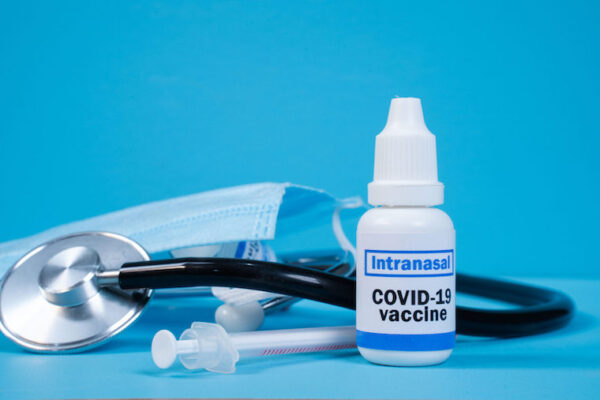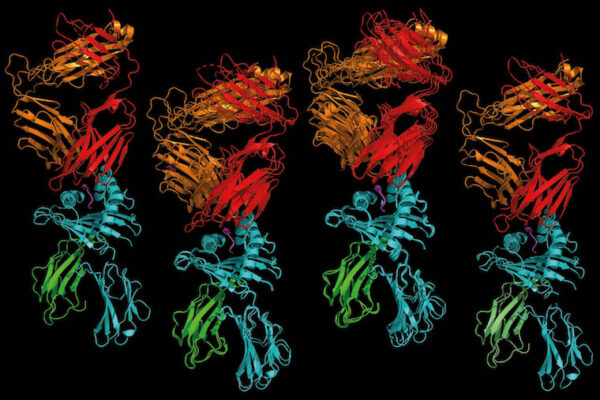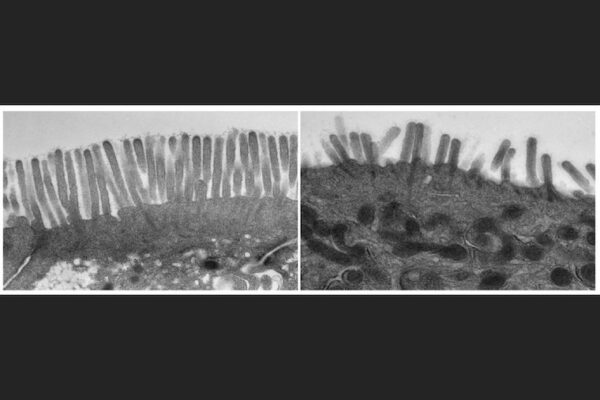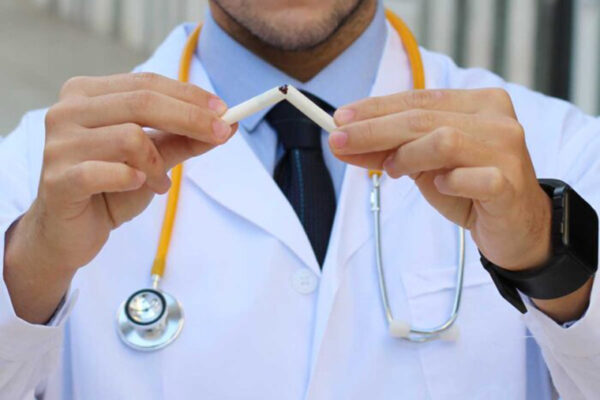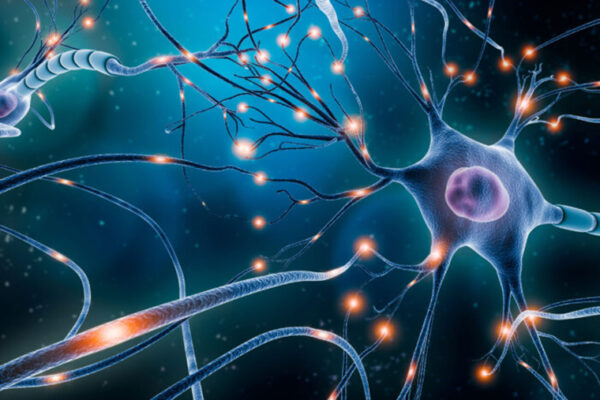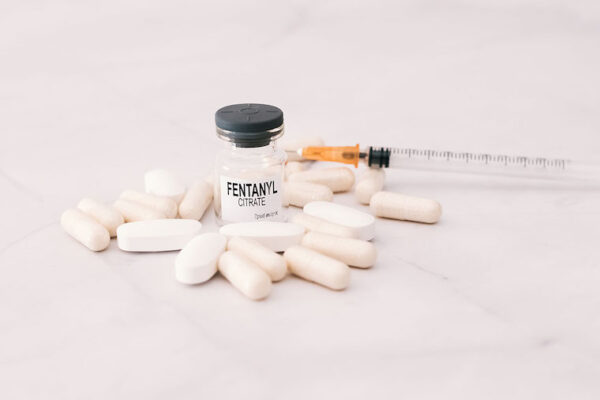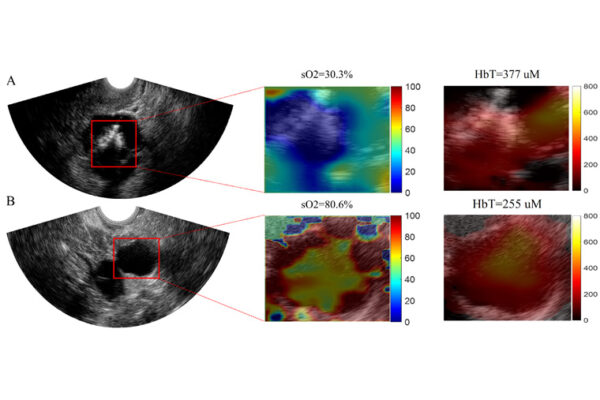Researchers awarded $1.2M to study depression among youth with HIV in Uganda
Proscovia Nabunya, at the Brown School; and Patricia Cavazos-Rehg, at the School of Medicine, have received a five-year $1.2 million research grant from the National Institute of Mental Health, part of the National Institutes of Health (NIH), to address depression among youth living with HIV in Uganda.
Study considers social determinants of health
Patients with social needs had a higher number of hospitalizations, obesity, prediabetes and Type 2 diabetes, finds a new study from the Brown School on the social determinants of health.
WashU’s nasal COVID-19 vaccine approved for use as booster in India
A nasal COVID-19 vaccine based on technology licensed from Washington University in St. Louis has been approved for emergency use in India as a booster for people who have already received two doses of other COVID-19 vaccines.
Evidence of autoimmunity’s origins uncovered via new approach
A study involving School of Medicine researchers supports the idea that some T cells that react to microbes also may react to normal human proteins, causing autoimmune disease. The findings promise to accelerate efforts to improve diagnostic tools and treatments for autoimmune diseases.
Some forms of childhood malnutrition, stunting may be preventable with vaccines
Researchers at the School of Medicine have discovered that vaccinating mice against a bacterial toxin produced by E. coli can prevent intestinal damage. The finding suggests new ways to prevent malnutrition and stunting in children.
Vetta Sanders Thompson: improving the health of African Americans
The Brown School’s Vetta Sanders Thompson has spent much of her career focused on racial identity, diversity and health.
Study supports urging smoking-cessation treatment to patients in cancer care
A nationwide team studied 44,000 smokers at 28 cancer centers, including Siteman Cancer Center, and learned that if they could get such patients into nicotine replacement, counseling or both, they could help nearly one in five quit smoking, while also boosting cancer survival rates.
Immunotherapy eliminates disease-causing cells in mice with MS-like disease
School of Medicine scientists have shown that the cancer therapy known as CAR-T can be applied to multiple sclerosis (MS), an autoimmune disease of the nervous system. The findings extend the powerful tool of immunotherapy to autoimmune diseases, a class of diseases that are often debilitating and difficult to treat.
WashU, pharmacy scientists alter fentanyl, aim to make it less lethal, less addictive
A research team that includes School of Medicine and pharmacy scientists has altered the chemical properties of fentanyl. The research holds promise for developing safer opioid drugs that still relieve pain.
Machine learning model builds on imaging methods to better detect ovarian lesions
Research from Quing Zhu’s lab at the McKelvey School of Engineering yields a novel method to use ultrasound to enhance machine learning’s ability to accurately diagnose — or rule out — ovarian cancer.
Older Stories


